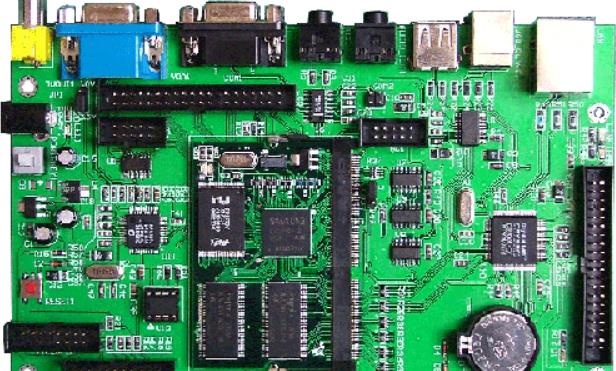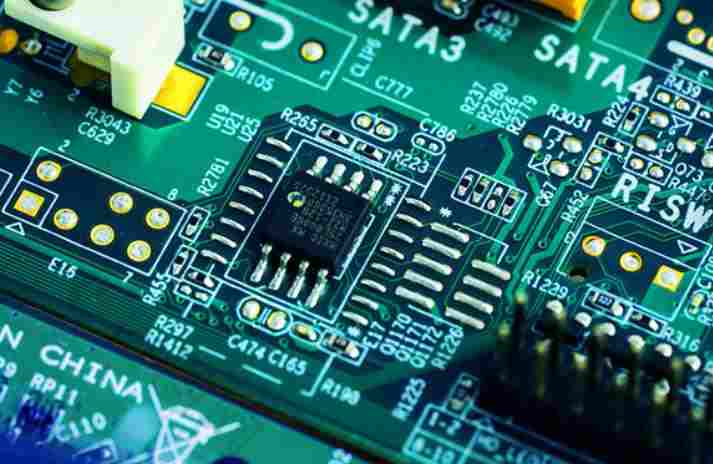
Performance test of some common PCBA circuit boards
PCB performance test is necessary to ensure stable product performance. PCB processing has been completed According to the actual use environment and purpose of the product, it is generally divided into withstand voltage test, insulation test, salt spray test, impedance test, vibration test, high temperature and high humidity test, welding strength thrust test, etc
1. Voltage withstand test
The purpose of withstand voltage test is to test the withstand voltage capability of the circuit board. The equipment to be used is a "withstand voltage tester".
Test method: Connect the PCB to be tested to the tester, increase the voltage to 500V DS (DC) at a speed not higher than 100V/S, and maintain it for more than 30 seconds. If there is no fault in the circuit, the test is passed.
2. Leakage current test
The purpose of the leakage current test is to check whether the leakage current of the circuit board is within the required range. The equipment to be used is a "leakage current tester".
Test method: leakage current between the accessible part of the analog product and the two power supply poles under normal working conditions, PCB and normal temperature of PCB If the current is lower than the design standard, it means that the test has passed
Circuit board

3. Salt spray test
The purpose of the salt spray test is to check the anti-corrosion performance of the circuit board. The equipment to be used is "salt spray tester"
Test method: First of all, we need to prepare salt solution. The preparation method is: use chemically pure sodium chloride and distilled or deionized water with a resistivity of no less than 5000 Ω * cm, use 5% sodium chloride and 95% water, thoroughly mix them to prepare a salt solution with a sodium chloride content of 5 ± 1%. After the salt containing solution is prepared, spray it continuously for 48 hours at the test site with a temperature of 35 ° C. The average spraying rate per hour must reach 80 cm square meters/10 cm. After 48 hours, the product functions normally, and its appearance and structure are normal. This means that the test passed.
4. Impedance test
The purpose of impedance test is to check whether the circuit of circuit board can work normally. The equipment to be used is "ohmmeter"
Test method: Connect the transmission line of the circuit board to the battery. If we measure the impedance within a time shorter than the reflection time of the transmission line, we will obtain the "surge" impedance or characteristic impedance. However, if the waiting time is long enough until the energy is reflected after returning and receiving, we can find that the impedance changes after measurement. Generally speaking, the impedance value will reach a stable limit value after bouncing up and down. If the limit value is within the specified range, the test has passed.
5. Vibration test
The purpose of vibration test is to detect whether the circuit board can pass random vibration test at different levels. The equipment to be used is a "vibrometer"
Test method: fix the circuit board or packaged circuit board on the test bench, set the frequency to 20Hz, axis: X, Y, Z3, each direction lasts for 1 hour, a total of 3 hours. After the test, if the circuit board functions normally, the appearance and structure are normal, and the components are free of abnormal welding or cracking, it means that the test has passed.
6. High temperature and humidity test
The purpose of the high temperature and humidity test is to check the suitability of the circuit board under high temperature and humidity conditions. The required equipment is "constant temperature and humidity test chamber".
Test method: PCB is in the working condition of double rated voltage and rated load, put it into the test box in working condition to simulate the temperature and humidity conditions in actual work. If you do not know the temperature and humidity during actual work, you can set the temperature at 70 ± 2 ℃ and the humidity at 90-95% for 8 hours If PCB is normal and its appearance and structure are normal, it means that the test has passed









